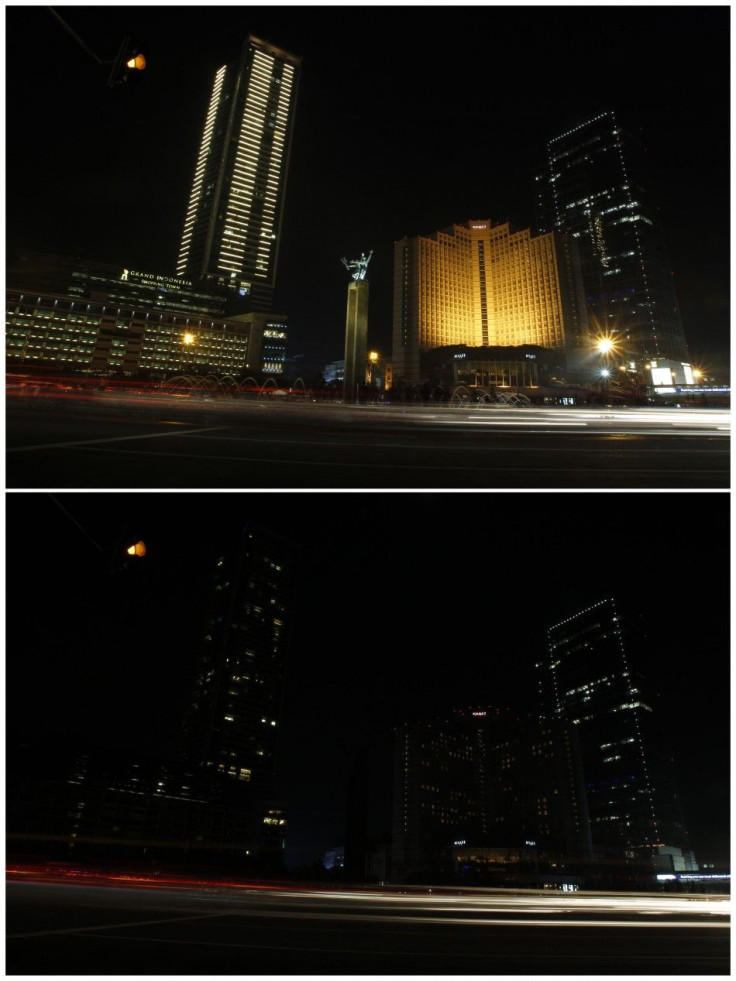Indonesia?s Q1 GDP Growth Slows To 6.3%

Indonesia's economic growth slowed down in the first quarter compared to the last quarter as exports and investment remained weak due to soft global demand.
According to the figures released by Statistics Indonesia, the country's gross domestic product (GDP) rose 6.3 percent in the first quarter from a year earlier, slowing from 6.5 percent growth in the last quarter.
The continuing debt crisis in Europe and the tentative US recovery have hurt demand for exports, an important driver of Indonesia's economy. Exports, which account for nearly 26 percent of the GDP, rose 7.8 percent in the first quarter from a year, down from 7.9 percent in the fourth quarter last year.
Investments, which account for around 32 percent of the GDP, slowed to 9.9 percent year-on-year in the first quarter from 11.5 percent in the fourth quarter. The data indicated that the country's export-and-investment-driven economic model was no longer sustainable and reforms were needed to prevent a sudden downturn.
The report comes when Indonesia's inflation rose to a seven-month high in April, held up by higher food prices. Consumer prices rose 4.5 percent compared with a 3.97 percent increase reported in March.
In April, the International Monetary Fund reported that the Indonesian consumer prices could climb 6.2 percent in 2012, compared with 5.4 percent last year.
The rise in prices has been putting pressure on the central bank to hold off further cuts in interest rates. Having cut rates by a cumulative 100 basis points since October, the Bank Indonesia (BI) left its main policy rate on hold at a record low level of 5.75 percent in April.
At that time, the central bank sounded a cautious note on the global economy, but had also warned that high commodity prices could force it to raise interest rates, especially if the government increased fuel prices. The central bank has set the inflation target in the range of 3.5 to 5.5 percent to be achieved by the end of the year.
The government is expected to raise oil prices and remove fuel subsidies, which will allow the BI to keep the interest rate unchanged at its upcoming meeting in May.
© Copyright IBTimes 2025. All rights reserved.





















